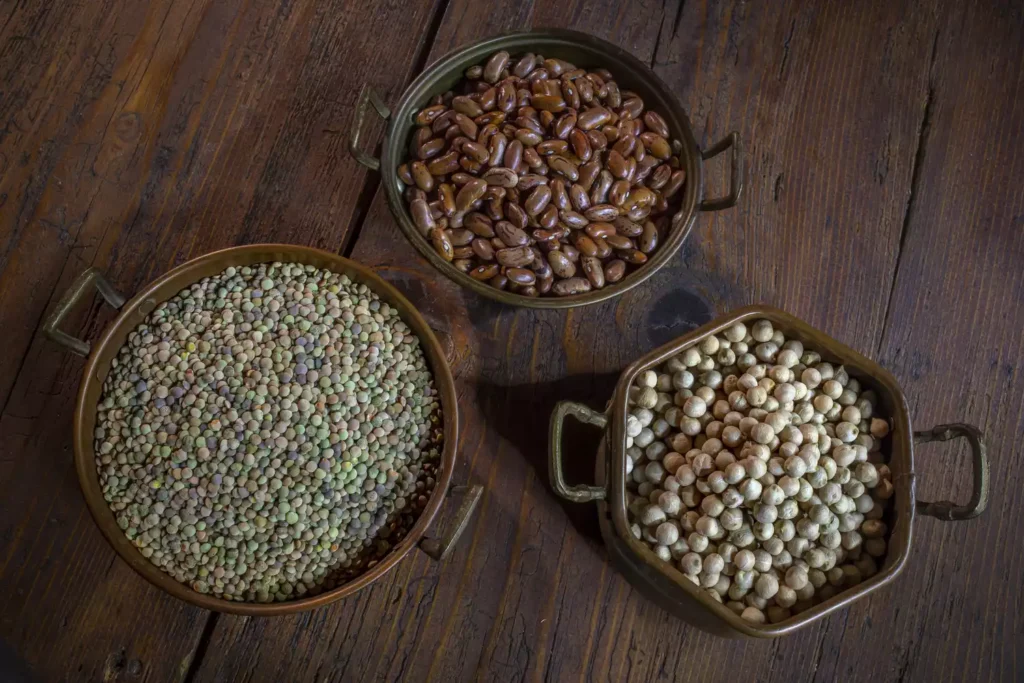Five Essential Foods to Boost Gut Health and What to Avoid

A growing body of evidence highlights the importance of our gut microbiome—the 300–500 species of microbes in our intestines—in supporting overall health. Known to aid in digestion, nutrient absorption, and immune function (about 70% of immune activity happens in the gut), a balanced microbiome may also influence conditions ranging from heart disease to mental wellness. Here’s a professional guide on what to eat—and what to skip—for gut health:
Top Five Gut-Friendly Foods
1. Fiber-Rich Foods
Whole grains, legumes, fruits, vegetables, nuts, and seeds are packed with fiber that supports microbial diversity, aids digestion, reduces constipation, and lowers the risk of chronic disease. Aim for 18–38 g of fiber daily.
2. Fermented Foods
Yogurt, kefir, sauerkraut, kimchi, kombucha, tempeh, miso, sourdough, and aged cheeses offer beneficial live cultures that may reduce inflammation and enhance microbial diversity. Add them after cooking to preserve active probiotics.
3. Polyphenol-Packed Produce
Plant compounds like blueberries, cherries, apples, cruciferous vegetables, soy, spices (ginger, turmeric), coffee, tea, and dark chocolate are digested by gut bacteria and may suppress harmful strains and support beneficial ones.
4. Omega‑3 Fatty Acids
Found in fatty fish (salmon, sardines, tuna), flaxseeds, walnuts, chia seeds, and canola oil, omega‑3s help balance microbiota, strengthen gut integrity, and reduce inflammation.
5. Water
Hydration is key for digestive processes, nutrient absorption, and stool softening—and it aids fiber’s beneficial effects on microbiome diversity.
Foods to Limit or Skip
-
Ultra‑processed items (deli meats, packaged snacks, ready meals) often disrupt microbial balance with high sugar, salt, fats, emulsifiers, and sweeteners.
-
Greasy, high-fat fried foods can impair digestion, causing heartburn and discomfort.
-
Artificial sweeteners like aspartame and sucralose may alter microbiome diversity—best to avoid where possible.
Probiotics vs. Prebiotics
-
Probiotics: Live microorganisms (found in fermented foods or supplements) that may help restore gut flora, especially after antibiotics or during digestive issues. Used regularly via food is ideal; supplements should be taken with medical advice.
-
Prebiotics: Non-digestible fibers (in garlic, onions, asparagus, bananas, legumes, and whole grains) that feed beneficial microbes and promote short-chain fatty acid production.
A mindful diet—rich in fiber, fermented foods, polyphenols, omega‑3s, and fluids—can bolster gut and whole-body health. Minimizing processed fare and added sweeteners helps maintain microbial harmony.
: 265







